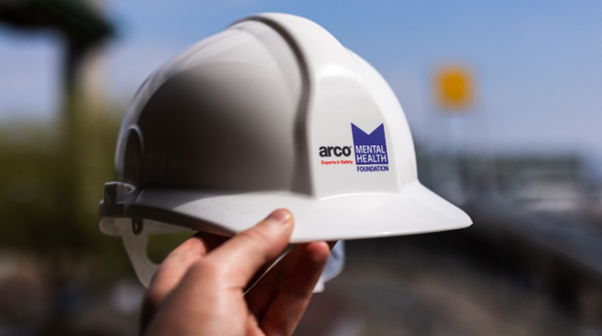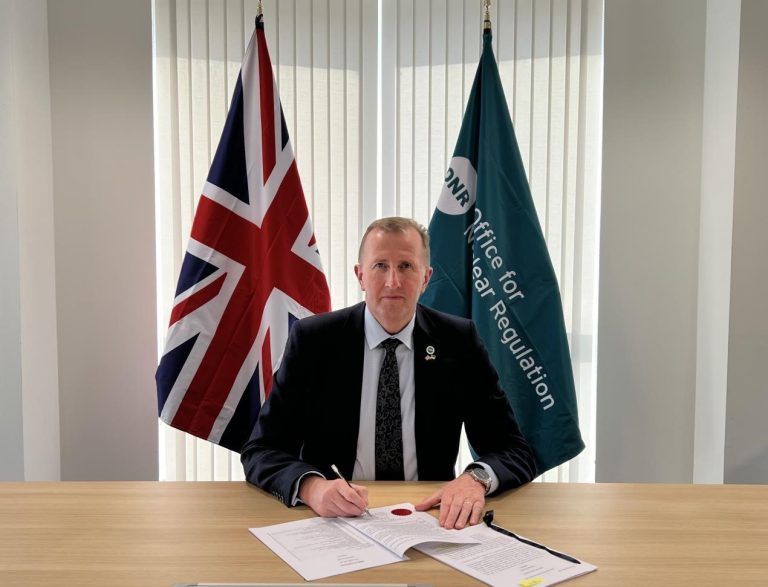Protecting your business from workplace fires starts with you. As a business owner or manager, the onus is on you to understand the fire risks your company faces. If you do not know where to start with this mammoth task, guided fire safety resources will help you come up with a fire preparedness plan. The best way to come up with a plan that works is to include tools, equipment, fire detection systems, and pre-and post-fire strategies. As we all know, prevention is better than cure. So, to start on your journey, you must learn how to stop fires from breaking out at your office or factory. Below are ten ways to help prevent fires in your workplace: 1. Hazardous Waste Hazardous waste must be properly stored and disposed of to prevent fires. Examples of hazardous waste materials can include oils and chemicals – and these must be disposed of in a metal container with a lid. All industries are different, and the fire requirements will vary from one to the next, so there are no universal laws for fire safety that can be applied across the board. Always keep hazardous waste separate from non-hazardous waste like paper or food. Use designated bins and containers and label them clearly. Be sure to empty these containers frequently and always avoid overfilling them. 2. Equipment Fire protection equipment such as extinguishers, hoses, and control panels must be easily accessible for every employee. All fire equipment must always be clean and dust or debris-free. Fire extinguishers are essential and must be positioned on escape routes and near all identified higher-risk areas. For kitchen and canteen areas, be sure to include fire blankets in your arsenal of fire equipment. Fire alarms and sirens provide early warning of potential fires, giving everyone enough time to escape before the fire spreads too far. 3. Frequent Maintenance All workplace fire protection equipment must be maintained and serviced regularly, keeping it up to code. Maintenance schedules must apply to all workplace equipment and machinery and not just fire protection equipment. Properly maintained machinery can prevent fire-related risks such as overheating and sparking. 4. Housekeeping Offices and storerooms must be kept clean and tidy. Where there is clutter, there are fire hazards. Paper, overflowing rubbish bins, and empty boxes are all flammable materials and will allow a fire to spread faster. Untidy offices can also result in blocked exits and tripping hazards in the event of an emergency. Keep your workplace clean and free from clutter. 5. Fire Shutters For some businesses, deciding to install a fire shutter can make all the difference in containing a fire and getting enough time to evacuate people from a building in an emergency. Fire shutters are a type of roller door that provides compartmentalisation to stop fires from spreading. Shutters can provide an extra 30 minutes to evacuate the building or factory, and that time is often the difference between life and severe injuries or even death. A fire shutter addition can save lives. 6. Safety Demonstrations Fire safety demonstrations are critical for teaching your employees the importance of fire safety. Demonstrations teach people how to respond or react to a fire, how to use an extinguisher and other necessary fire safety tips. The most crucial thing for employees to do if they spot a fire is to prevent it from spreading, but they first should be able to identify the risks involved before attempting to extinguish it. 7. Assign Roles If your organisation has not already assigned fire safety roles to ideal candidates in the workplace, that must be made a top priority. Your business should find someone to serve as a fire warden. The number of fire wardens a business needs will depend on how big the workplace is and the likelihood of a fire starting. The appointed fire wardens must have a clear understanding of what could cause a workplace fire, such as poor pallet racking, and conduct regular walkthroughs to assess fire hazards – among other tasks. 8. Smoking Areas Legally, a company does not have to provide a designated smoking area. If your organization chooses to do so anyway, the boundaries of such an area must be defined clearly. Designated smoking areas are often sheltered from the elements and as much as they may not seem like much, they must comply with planning guidelines and building regulations. Ensure all fire safety protocols are followed in the smoking area and provide ashtrays for safe cigarette disposal. 9. Evacuation Plans Emergency and evacuation plans are an absolute must-have. Every employee must know what to do in the event of a fire, who to call for help, and what to do next. It is easy for people to get scared and panic, but you must train your staff to remain calm and follow the fire protocols and processes. Fire prevention strategies are essential to stop fires from spreading, leading to untold amounts of damage and potentially injuring people. 10. Identify Risks There are safety regulations and laws put in place to prevent fires in the workplace. Both the NFPA and OSHA offer guidance for helping organizations plan their fire safety and protection strategies. Businesses must follow these guidelines and ensure that they comply with all fire standards and laws. Businesses need to train their employees to identify the most common causes of fires in the workplace. Some of these risks include cooking appliances, electrical equipment, and space heaters. To End By ensuring that your business has training, supplies, and equipment addressing workplace fires and hazards, you will have already taken the first step in protecting your employees and your buildings. These ten tips above will help to prevent a fire from breaking out or spreading in your workplace. No one knows precisely when a fire will spark, but having a plan ready for when it does can mean everything at the end of the day. Following these tips above will help to create a safer work environment for everyone in the building.














